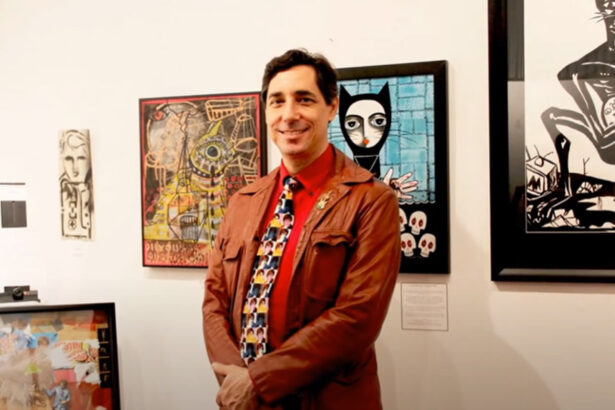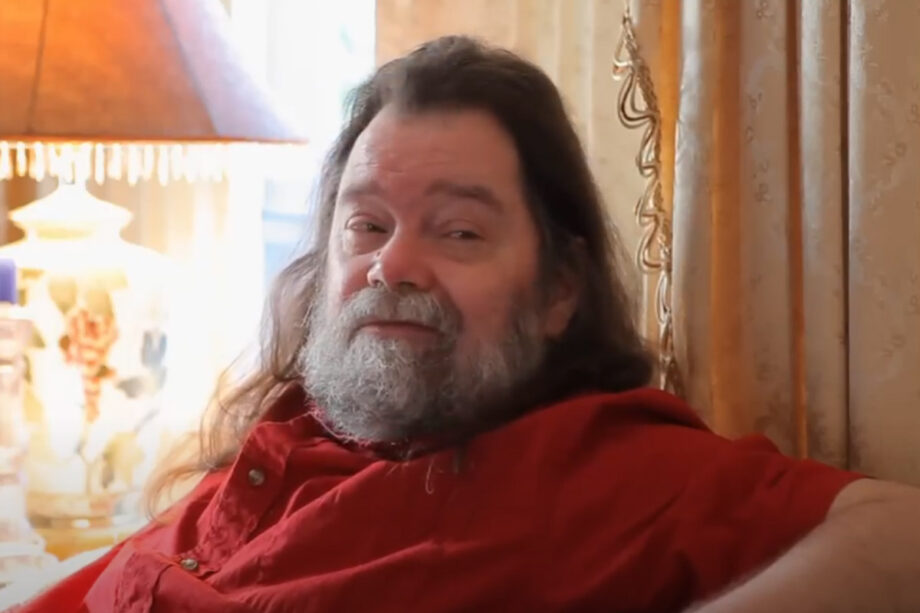Roky Erickson, the pioneering force behind psychedelic rock and founding member of the 13th Floor Elevators, left an indelible mark on music history. He faced numerous personal challenges throughout his life. According to AllMusic, Erickson earned recognition as an ‘outsider genius.’ He helped establish psychedelic rock in the 1960s and became a pivotal figure in horror rock during the 1970s and 80s.
Early Career And The Formation Of 13th Floor Elevators
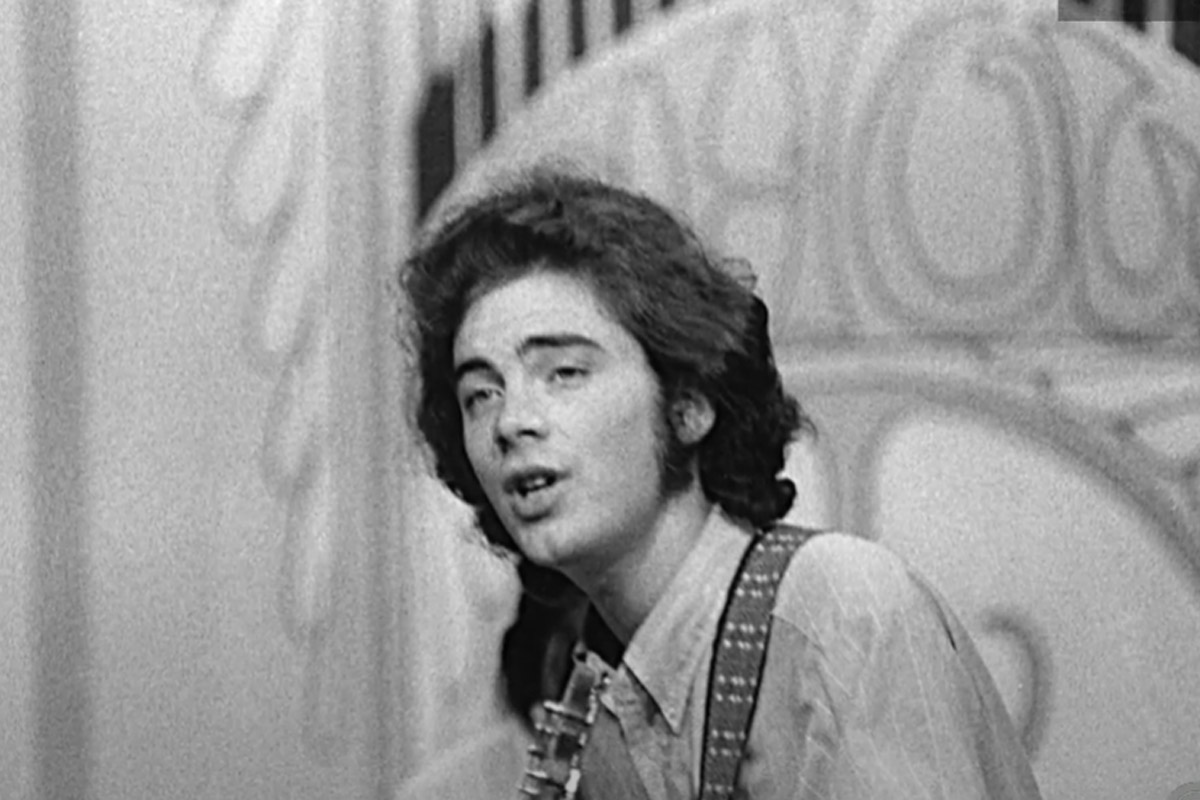
Erickson co-founded the 13th Floor Elevators at age 18 in late 1965. He collaborated with Tommy Hall as the band’s primary songwriters. The band’s influence reached such heights that Janis Joplin considered joining the group. As reported by Spin, Chet Helms intervened and persuaded Joplin to choose San Francisco instead. This decision led to her eventual stardom.
Legal Troubles And Mental Health Struggles

A turning point came in 1968 when Erickson showed signs of mental distress during a HemisFair performance. According to Billboard, doctors diagnosed him with paranoid schizophrenia. He underwent involuntary electroconvulsive therapy.
His situation deteriorated in 1969 after an arrest for marijuana possession in Austin. He faced a potential ten-year prison sentence. Erickson pleaded not guilty by reason of insanity. This led to his commitment to various state hospitals until 1972.
Financial Hardships And Final Years
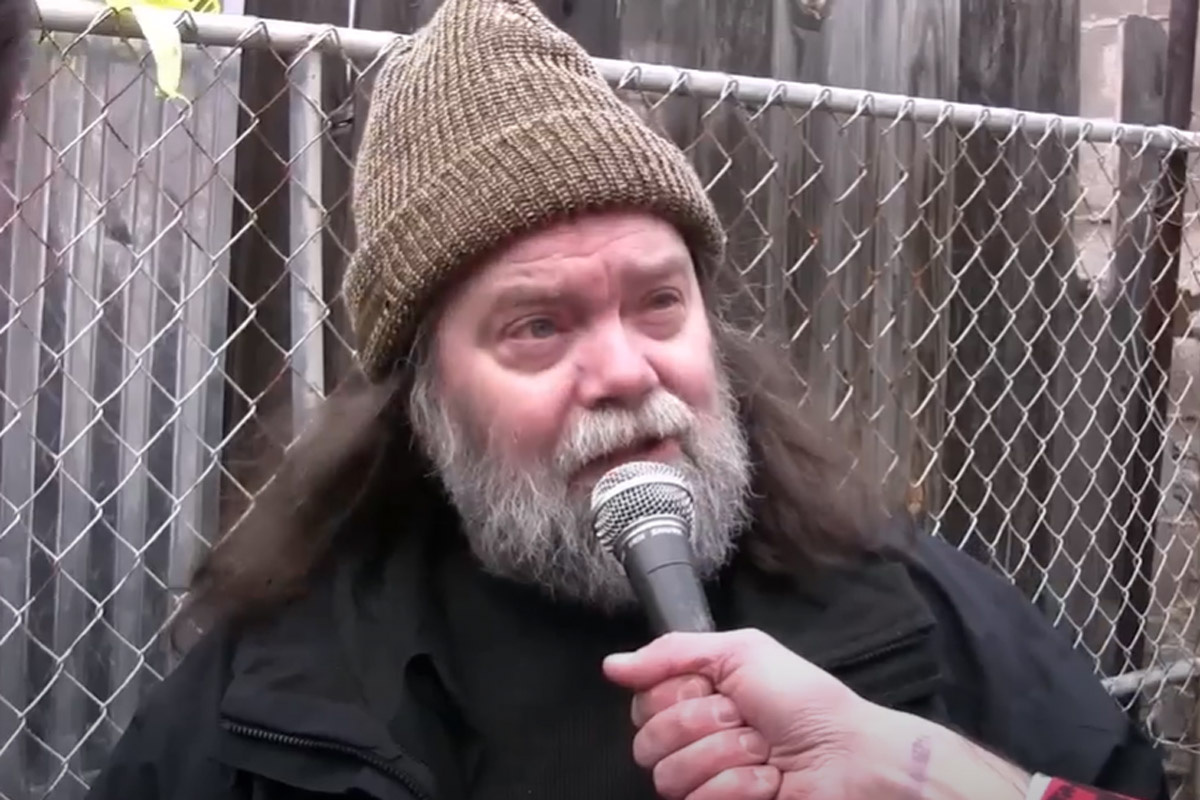
Estate mismanagement during his hospitalization created severe financial consequences. Diffuser documented his emergence from treatment nearly penniless. He spent years attempting to recover financially. Later interest in his music helped improve his situation. The financial impact of his earlier hardships persisted throughout his life.
Erickson passed away on May 31, 2019, in Austin. His brother Mikel announced the death through a Facebook post. “My brother Roky passed away peaceably today. Please allow us time,” he wrote. Rolling Stone noted that officials never disclosed the specific cause of death. Erickson’s legacy as a pioneering musician and resilient artist remains firmly intact.
The story of Erickson’s financial struggles and artistic influence reveals a complex tale of music industry pitfalls and eventual redemption.
Royalty Disputes And Estate Management
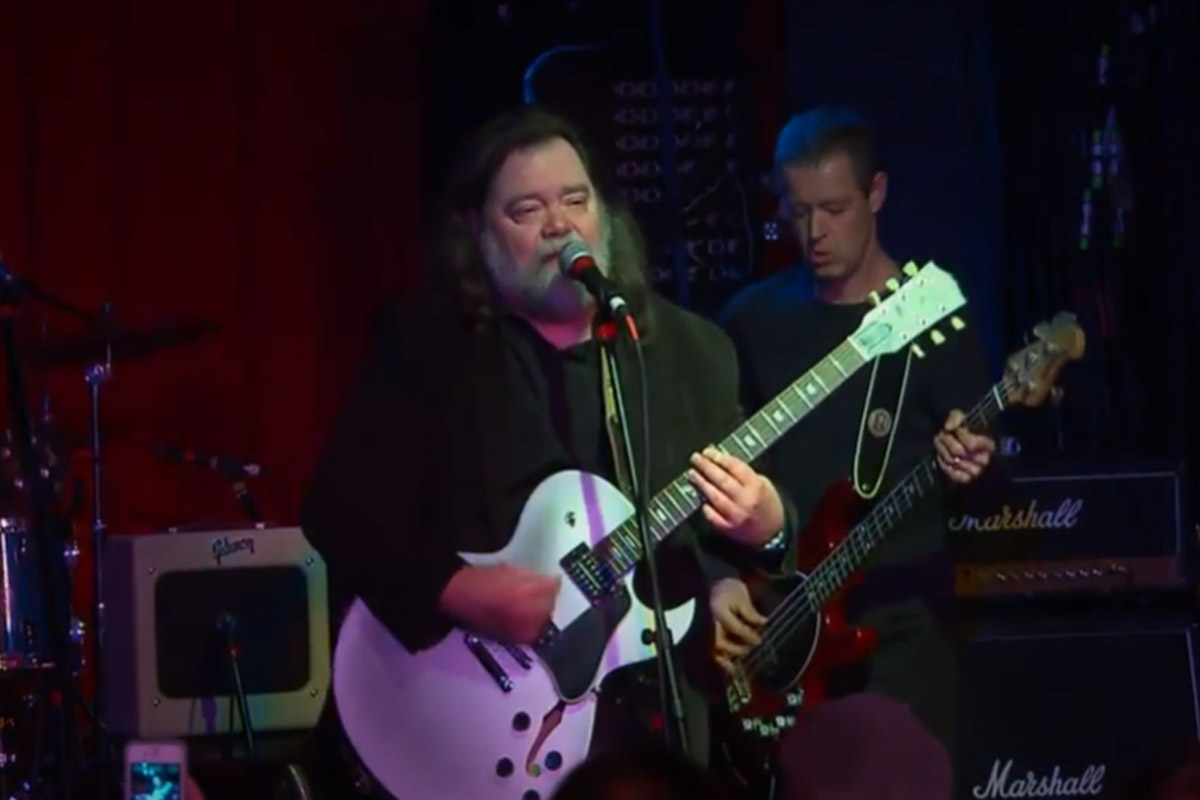
Ear Candy Magazine revealed the deep roots of Erickson’s financial troubles in problematic record deals. The 13th Floor Elevators’ contract with International Artists proved devastating. The band received no royalty payments from record sales. They earned money only from live performances.
The situation improved when Erickson’s siblings stepped in. His brother Sumner Erickson took charge of estate management. This intervention ensured proper care and financial management of his assets.
Musical Legacy And Industry Impact

Tidal Magazine documented Erickson’s growing recognition in psychedelic rock. ‘The Psychedelic Sounds of the Thirteenth Floor Elevators’ showcased his influence. His unique songwriting and vocal style inspired countless musicians. This led to a dedicated cult following in the 1980s and ’90s.
Major artists celebrated his contributions in 1990. R.E.M. and The Jesus & Mary Chain participated in a tribute album. ‘Where the Pyramid Meets the Eye’ honored his impact on rock music.
Later Career Revival And Final Chapter

Loud And Quiet reported Erickson’s remarkable career revival in the early 2000s. He returned to live performances and released new material. His 2010 album ‘True Love Cast Out All Evil’ marked a triumphant return to recording. Collaborations with bands like the Black Angels introduced his music to new audiences.
Health challenges persisted since his early diagnosis of paranoid schizophrenia. Erickson continued performing and creating music until his later years. His resilience in the face of adversity defined his character.

